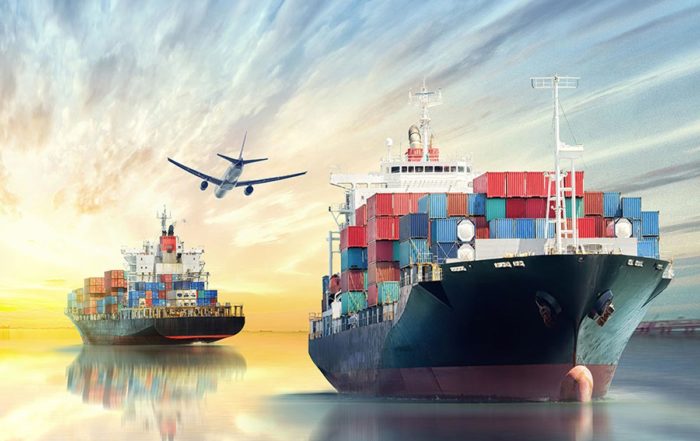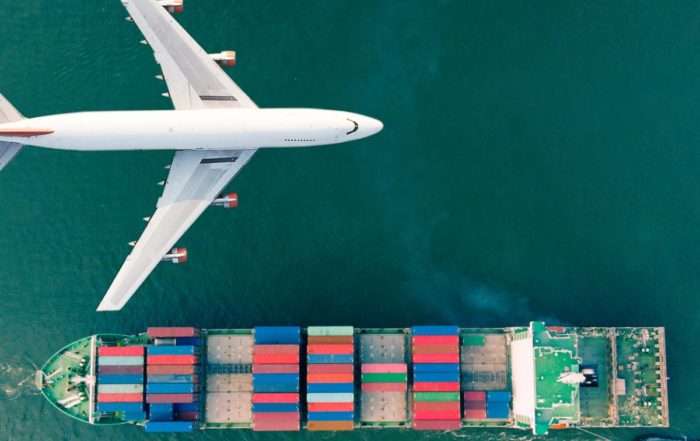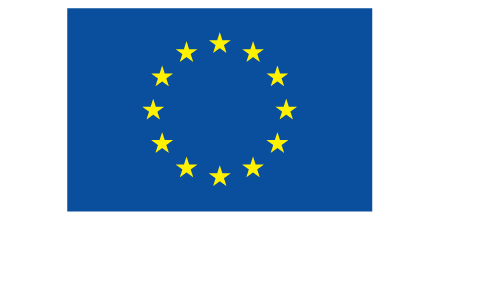Logimarex International is a division of the holding company Martinez Group 1927,
specialising in representing prestigious brands ‘Made in Spain’ in the countries of West Africa. The company is dedicated to the investigation and opening of markets, as well as the negotiation and introduction of Spanish products and brands in West Africa for manufacturers with whom they work exclusively. Its director, Thierry de Milde, manages the Group’s business unit, which is looking to the African markets as potential new growth areas in which to establish a foothold. Logimarex International is experiencing an expansion of its business opportunities beyond the borders of Equatorial Guinea, where it is already a leader.
When and why did you start your internationalisation process?
A year ago we decided to embark on this venture after analysing the success of Spanish brands and products that have great reputations and sales where we have been operating and distributing them for some time.
We consider the brands and products, ‘Made In Spain’ as the “BEST VALUE FOR MONEY and powerful promoters of European brands already established in prospective markets.
What is the internationalisation model of the company?
The Martinez Group, and therefore Logimarex International, as an autonomous business entity has a strategy of exclusive cooperation with a long list of Spanish manufacturers which, by extension, gives us the responsibility to analyse, negotiate and implement these brands in our target markets.
Our goal is to be able to work in an organised way between African manufacturers and importers, promoting the control of brand deployment and distribution strategies, price control and communication strategies, all of this thanks to our long experience in Central Africa.
How many countries do you export to? What are the most important markets in terms of turnover?
Currently, our main market remains Equatorial Guinea where we have been working for years and where the pharmaceutical sector has become one of our flagships. Neighbouring markets, such as Cameroon and Gabon, have become major consumers of Spanish products introduced in these countries. Additionally, during this year of expansion, we have managed to open up new frontiers and introduce goods in Mali, Senegal and Ivory Coast, among other countries.
Internally, at Logimarex we view markets by region, not so much by country, due to the considerable movement of products within internal borders.
What percentage of turnover corresponds to international activity?
100% of Logimarex International’s turnover is from exportation and commercial operations on the African continent.
Has the current situation of the rising price of raw materials, energy and freight affected your business?
Unfortunately yes. It is not only the price increase of raw materials that has forced manufacturers to increase their tariffs.
The, escalation of their manufacturing costs is also due to the increase in the cost of energy to run their production lines.
In this regard, the high cost of transporting imported raw materials, sometimes from abroad, has to be taken into account.
Importing raw materials, sometimes from distant regions such as Asia, have been subject to freight costs being multiplied by a factor of three to five.
Additionally the lack of basic raw materials such as aluminium, glass, and corn glucose have caused manufacturing prices to skyrocket.
All these circumstances have led to a ‘perfect storm’, forcing us to delay negotiations until a more favourable time to confirm orders.
This has led to delays in production and, at times, the absence of some products.
It should be borne in mind that importers suffer greatly from this situation, because the prices of the products, together with all the additional costs, mean that the population can no longer afford to buy them. And in this situation, there are brands that have fallen by the wayside.
There are however, others that have found a great opportunity from this situation because the importer that brought their goods from China to West Africa has stopped supplying them due to the skyrocketing of the price of freight. That same importer is now more interested in buying the same or similar product from Made in Spain or the EC with freight costs three to five times more economical.
Now is the time for European companies, and of course Spanish companies, to advertise their excellent products, their flexibility and ease of transport.
What is your opinion of the support that public institutions are giving Spanish companies that trade and invest internationally?
We are very proud to have been able to work for the last year with the support of the public entity PROEXCA, which is part of the Regional Ministry of Economy, Knowledge and Employment of the Government of the Canary Islands. This body is dedicated to the promotion of the internationalisation of businesses from The Canary Islands as well as attracting strategic investments to the Islands. PROEXCA provides us with great help when it comes to the high costs associated with a project of this magnitude.
Although personally, my consideration goes beyond purely economic aid. A large number of Spanish companies have huge potential for internationalisation, but they need to learn how to do it properly. International trade is not an “invention”; it is a science with its own rules, nuances, opportunities and methodologies.
And the best gift that the State could give to Spanish manufacturers is to train them in Foreign Trade in order to have teams of qualified Export Managers that will allow the brands to go beyond the borders of the domestic market and position themselves correctly abroad, where they are now needed.
As a benchmark for intercontinental distribution and marketing, what advice would you give to other companies in the process of internationalisation?
As I mentioned earlier, exporting and/or international trade is not invented or improvised, but must follow conscientious planning and proper execution.
The objective must be set in the medium to long term (4-5 years onwards) and before looking abroad with eyes set in the future, it is essential to look within your own company and to answer questions such as: Do I understand its purpose? Is my product adaptable? Are we multilingual? Do I have a legal department to analyse the regulations in other countries?
Does my logistics department know the specifics of international transport and the correct documentation? Can my financial department control international transactions?
Do I have an adapted production process that allows me to increase my production as my sales increase beyond my borders?
If the entrepreneur answers positively or is working on these questions, then he/she will have a high rate of success.
If, on the other hand, there are still any doubts and he or she does not have the necessary resources to make the necessary changes, Logimarex International offers you our experience and professionalism to facilitate your opening and introduction into foreign markets.
Maritime traffic, its functions and dependability
Maritime transport moves cargo equivalent to more than 90% of world trade, according to the International Maritime Organisation
Angola, a destination for growth
It is a country with which Spain has maintained uninterrupted trade relations since it declared its independence in 1977
The container crisis and its effects
Several factors are influencing the container crisis, causing product shortages and price increases.
